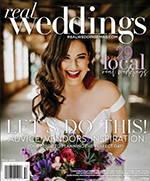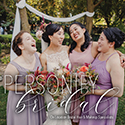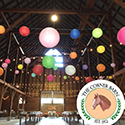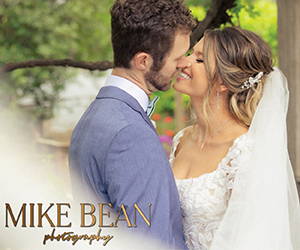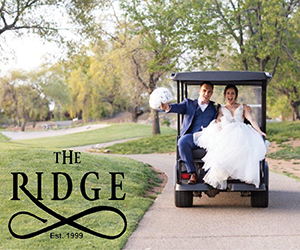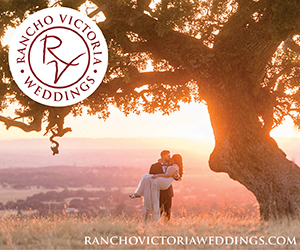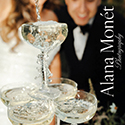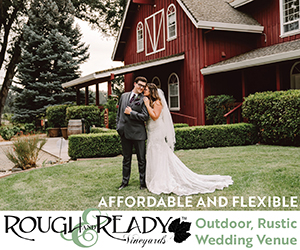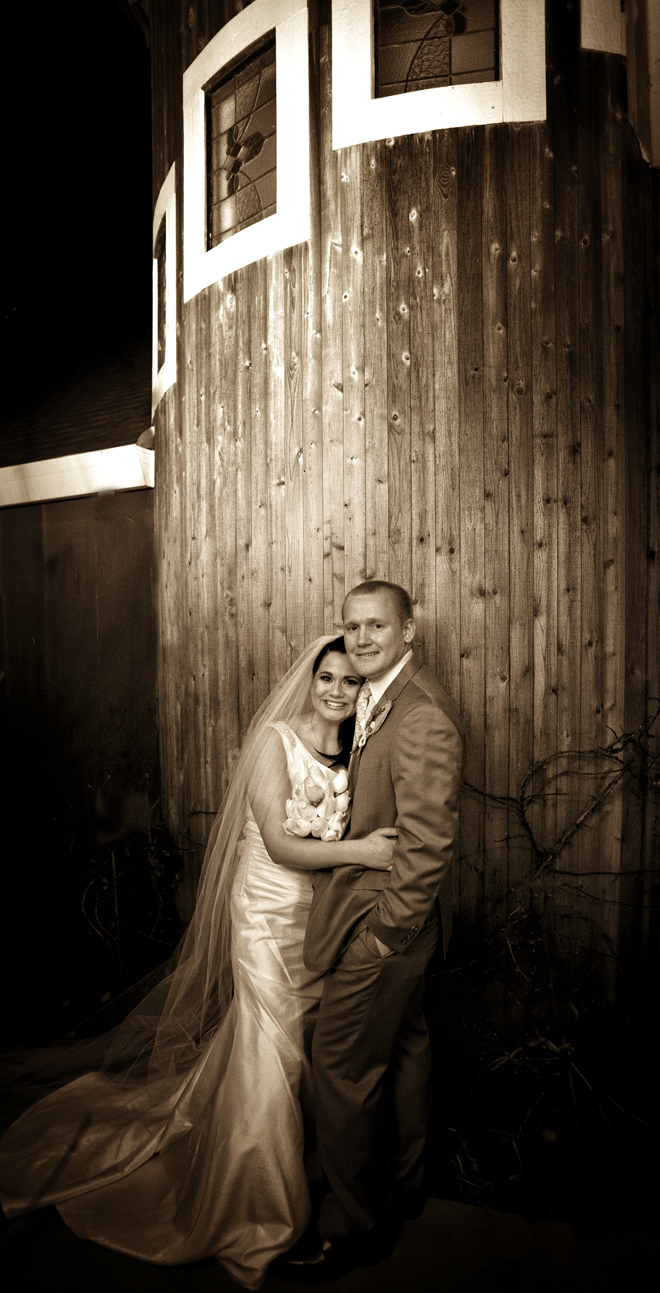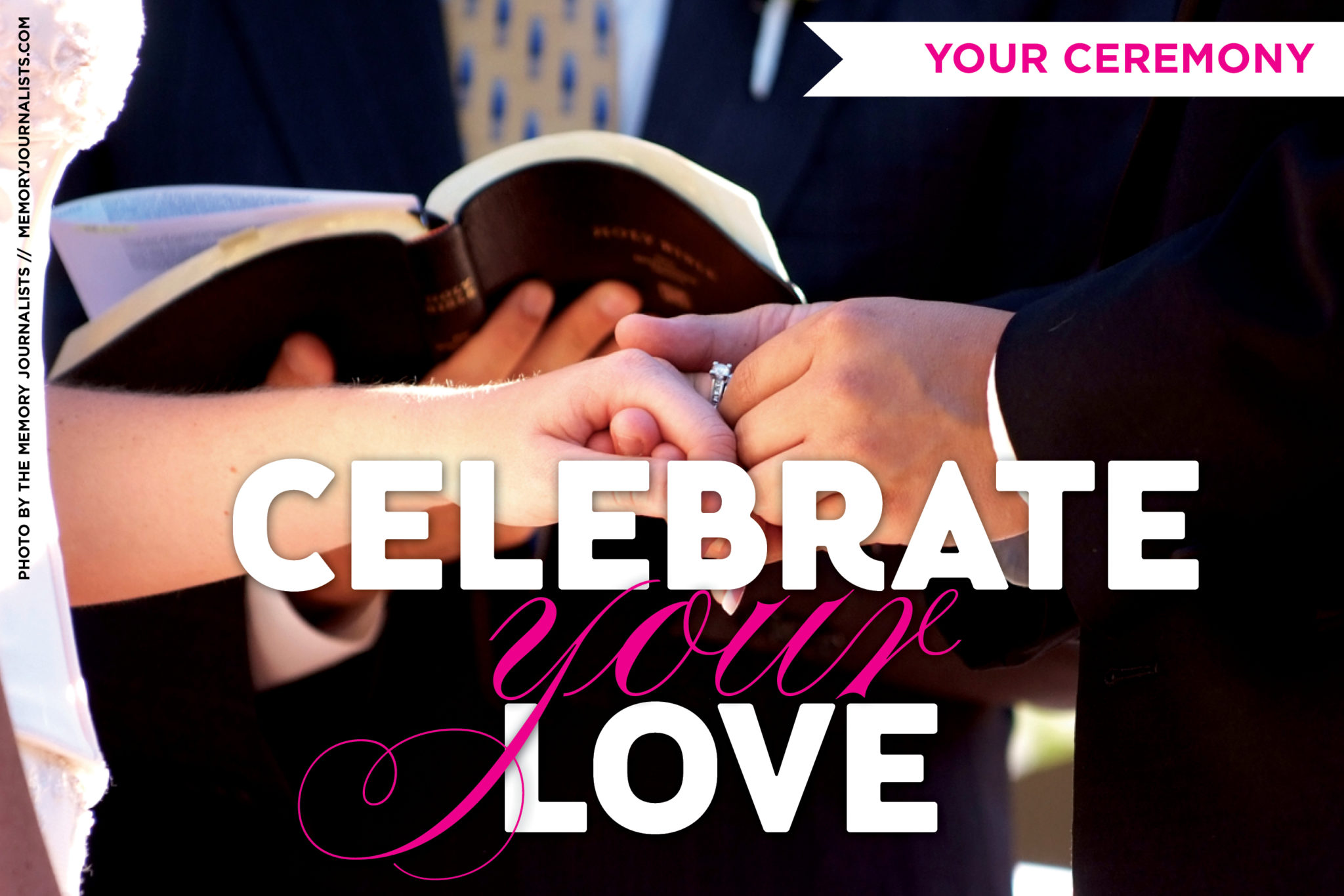
So, you are getting married. You’ve set a date, found a place for the ceremony, and bought a dress. You’ve made all the preparations you need to make this an unforgettable day. Best of all, you have even found someone who is willing to spend the rest of your life with you. And then, something dawns on you. You are about to make one of the single most important decisions of your life – you are going to make lifelong promises: your vows.
As I meet with couples who are at this major crossroad in their lives, I often hear the questions: “What exactly should we promise to one another?” and “Should we write our own vows or use traditional vows?”
Even before you decide the actual form your marriage vows will take, it is important that you and your spouse-to-be spend some time thinking about the purpose of marriage. Marriage is a way of life that must not be entered into carelessly or selfishly, but responsibly and only after some careful consideration. You want your vows to reflect a deep and comprehensive understanding of marriage.
When done well, vows can give us such a vision of marriage that is broad and deep. The vows most commonly used in Western ceremonies have traces of the ancient Roman wedding ceremony and are an interesting mix of liturgical language and legal jargon. Take for example the traditional vows:
“I Tim, take you Betsy, to be my wedded wife, to have and to hold from this day forward, for better or worse, for richer or poorer, in sickness and in health, to love and to cherish, till death do us part.”
“To have and to hold” is language used in conveyance of belonging to each other. “From this day forward” dates the contract. “For better for worse,” shows the unconditional nature of the contract. “Till death do us part,” suggests the condition for terminating the contract.
Some couples prefer to use tried and true wedding vows rather than writing their own. There is some solid rationale for this. By using the vows that have been used before, we recognize that these vows and our marriage are bigger than “us.” If the vows contain only the words and the thoughts of the couple, they can be far too narrow and therefore less than the bride and groom deserve. The traditional vows are timeless classics that have withstood the test of time. Some popular options:
“Do you solemnly declare that you take Betsy as your wife, and do you promise that you will, with the gracious help of God, love, honor, and care for her, live with her in the holy bonds of marriage according to God’s ordinance, and never forsake her, so long as you both shall live?”
Or another traditional option:
“I, Betsy take you, Tim, to be my husband, to have and to hold from this day forward, for better for worse, for richer for poorer, in sickness and in health, to love and to cherish, until we are parted by death. This is my solemn vow.”
Or a classic civil ceremony vow:
“Betsy, I take you to be my lawfully wedded wife. Before these witnesses I vow to love you and care for you as long as we both shall live. I take you, with all of your faults and strengths, as I offer myself to you with my faults and strengths. I will help you when you need help, and will turn to you when I need help. I choose you as the person with whom I will spend my life.”
If you choose to write your own wedding vows make sure that you are mindful of the following:
The vows need to withstand the different cycles of marriage, including adverse circumstances. And, the vows should not be “for as long as our love lasts,” “for as long as we continue to be happy,” or for “as long as it is convenient.”
Be creative, but not too creative. The vows need to be carefully worded so as to make sure they are not too sentimental, cutesy or cavalier, yet still thoughtful, meaningful and beautiful. They need to provide some ethical direction. And most importantly, the vows should indicate permanence and selflessness.
After you have taken your vows and your wedding day has passed, do remember that you will fail your spouse in many ways. But, marriage is a lifelong commitment, you will grow with each other as will your love for each other. On a daily basis we extend mutual forgiveness, understanding and love; and depend on the grace of God to be with us during the changing seasons of marriage.
—Tim Blackmon


